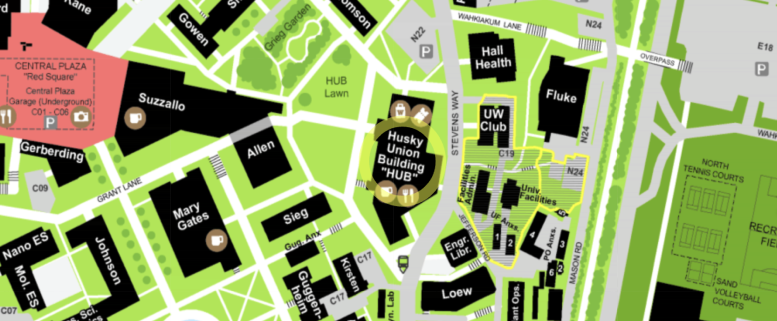Bringing quantitative genomic and expression analysis to students with droplet digital PCR (ddPCR)
Department of Biology
Requested:
$121,033
Status:
Declined
Awarded:
$0
Abstract
CRISPR-Cas9 genome engineering is a revolutionary technique that has become increasingly accessible for undergraduate researchers, allowing them to design modifications in a cell's genome for targeted studies. However, certain key steps in generating accurately CRISPR-edited cells remain tedious and expensive, limiting the accessibility of this technique for most student researchers. Standard techniques to characterize CRISPR-edited cells (PCR and DNA sequencing) have not readily detected the presence of problematic off-target mutations and genomic duplications. This has potentially led to skewed interpretation of the data resulting from those cells. Additionally, those methods are low-throughput, nonquantitative, and nonsystematic, making them ineffective (and not very fun to analyze). Similar problems arise for studies of rare mutations, small chromosomal abnormalities, organisms with many copies of their genes, and genotypic variations within cell populations. Modern techniques like droplet digital PCR hold promise in overcoming these limitations. However, they remain inaccessible for single labs due to limitations in funding, training, and awareness of the technique. The School of Environmental and Forest Sciences houses one such droplet digital PCR machine; however, it is not sufficient for usage by neighboring departments, including the Department of Biology. This is due to scheduling conflicts and low throughput capabilities of this version of the instrument, rendering it inefficient for addressing the research needs of undergraduate students. Thus, there is a pressing need to overcome these limitations and make accurate and high-throughput genome editing techniques accessible to undergraduate researchers carrying out projects in precision medicine and fundamental biological research questions.
Access
After navigating to https://www.biology.washington.edu/facilities/research, https://matsulab.com/, or the MCB program website, users will see a signup calendar (embedded from cal.com) in which they can make a booking, and will answer questions about their use case and training status. Example signup page: https://cal.com/mattakamatsu/signup

